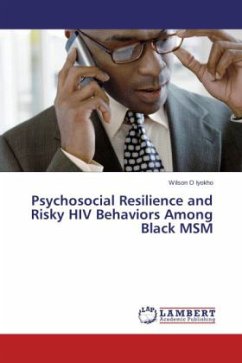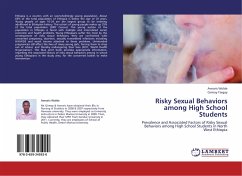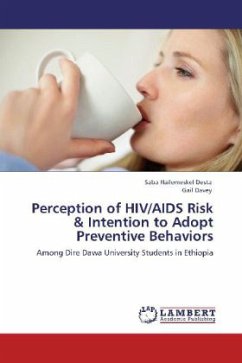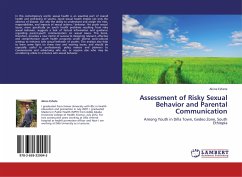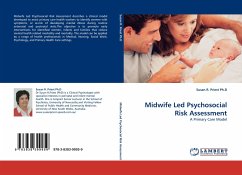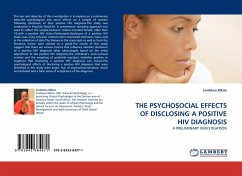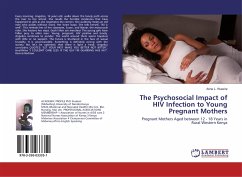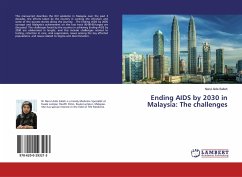The incidence rate of HIV among Black males having sex with Black males (BMSM) is high compared to that of other racial groups. Researchers have established the association between inappropriate sexual practices, age, income, and environmental determinants and HIV positive status among BMSM. Guided by resilience theory, the purpose of this study was to examine the relationship between HIV risk behavior and resiliency with the goal of identifying a new intervention to mitigate the HIV infection rate in the BMSM community. The theoretical framework used for this study was the resilience theory. This theory is concern with the phenomenon of why some people thrive after period of catastrophic adversity while others do not. A quantitative research design was used to test for a correlation between psychosocial resilience and HIV risk behavior. Fifty seven respondents were included in the study, 28 who were HIV positive, and 29 who were HIV negative. The Risky Behavior Questionnaire andthe Resilience Survey were used to collect study data. The main study finding was a significant correlation between resilience and sex-related HIV risk behaviors, and including unprotected sex.

